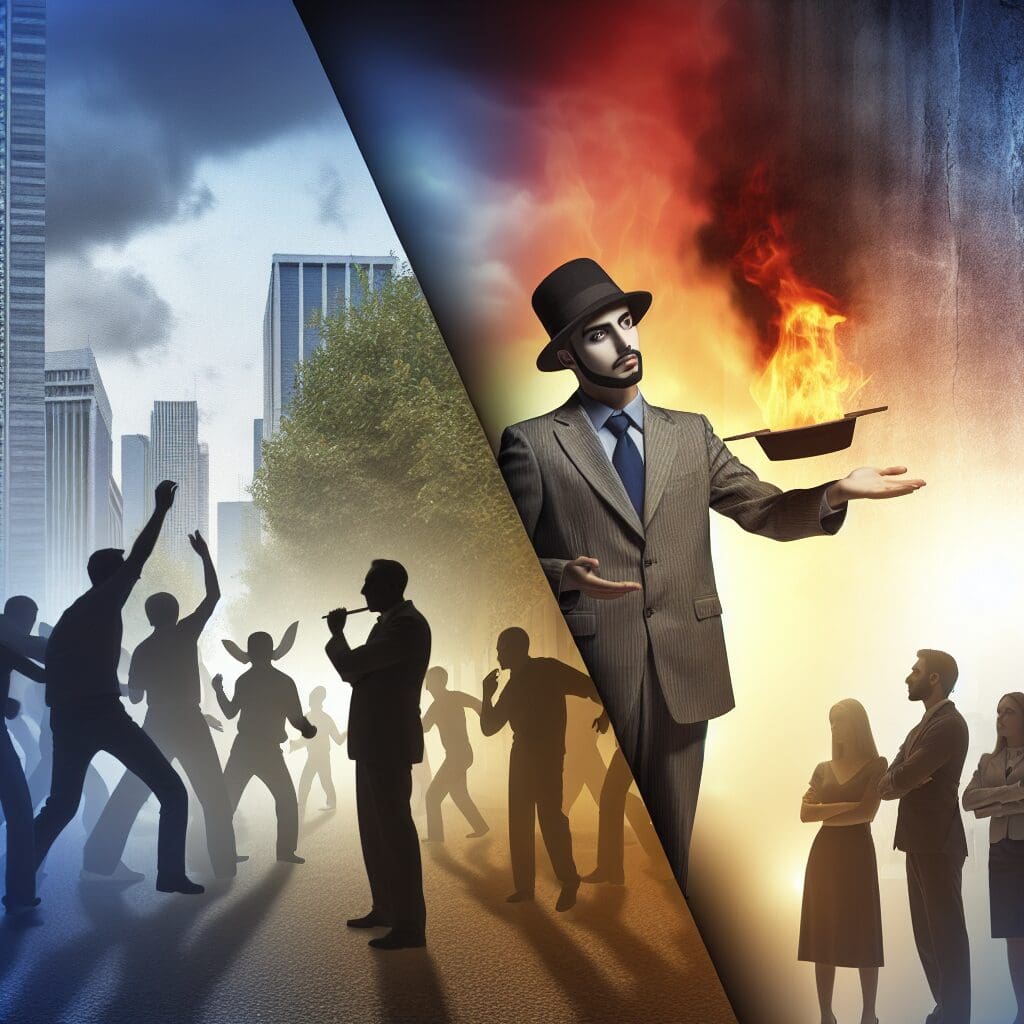Elon Musk’s recent tweets have intensified tensions in the UK, coinciding with an alarming increase in violent protests. These riots, initially sparked by social and economic discontent, now face additional fuel from Musk’s controversial claims regarding societal issues. His influence, amplified by his large following, has led many to question his motivations and the impact of his statements on public sentiment.
Musk’s tweet suggested a conspiratorial view of the events unfolding in the UK, which quickly garnered diverse reactions. Supporters lauded his boldness in addressing contentious topics, while critics viewed his comments as reckless and potentially incendiary. For instance, a recent protest in London escalated dramatically after his remarks went viral, indicating that his words carry significant weight in today’s digitally connected society.
The situation underscores a broader trend: when high-profile figures engage in polarizing discourse, the fallout can manifest in public unrest. Research indicates that social media can amplify misinformation and group polarization, which exacerbates conflicts. Therefore, it’s crucial for influential personalities to consider the implications of their statements.
In this volatile climate, law enforcement has prepared for more protests, worried that Musk’s assertions may incite further unrest. As the world watches, the intersection of social media influence and public life raises pertinent questions about responsibility and the consequences of virtual dialogue in the physical world.











